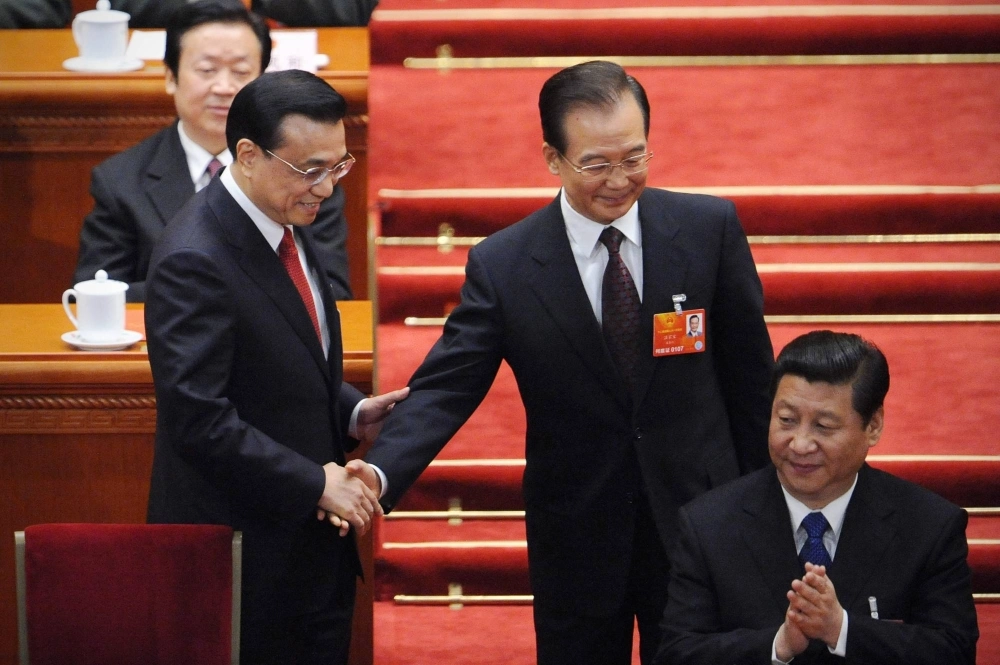The recent death of former Premier Li Keqiang triggered the usual wild speculation about what really goes on behind the scenes in Chinese politics.
While conjecture and conspiracies appeal to our baser instincts, dampen the inclination to fill in blanks with the most titillating possibilities when uncertainty and a lack of transparency creates room for a good story. Understanding is too important and the potential consequences of misunderstanding too high to indulge in guesses, fantasies or projection.
Li died Oct. 26 after suffering a heart attack while on vacation in Shanghai. He was stricken in the early hours of Friday, swimming in a hotel pool. Xinhua, the state-run news agency, reported that he passed away “after all rescue measures failed.”


















With your current subscription plan you can comment on stories. However, before writing your first comment, please create a display name in the Profile section of your subscriber account page.